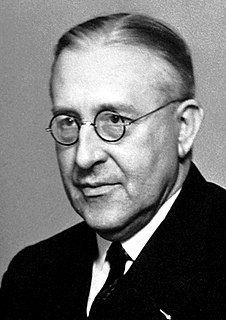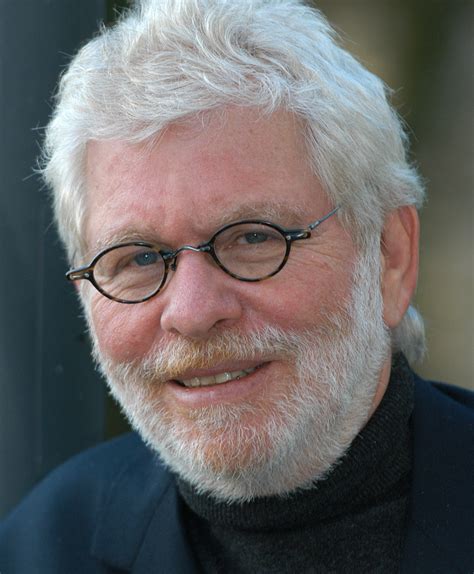A Quote by Antonin Scalia
There is no basis in text, tradition, or even in contemporary practice (if that were enough), for finding in the Constitution a right to demand judicial consideration of newly discovered evidence of innocence brought forward after conviction. My concern is that in making life easier for ourselves we not appear to make it harder for the lower federal courts, imposing upon them the burden of regularly analyzing newly-discovered-evidence-of-innocence claims in capital cases (in which event such federal claims, it can confidently be predicted, will become routine and even repetitive).
Quote Topics
After
Analyzing
Appear
Basis
Become
Brought
Burden
Capital
Cases
Claims
Concern
Consideration
Constitution
Contemporary
Conviction
Courts
Demand
Discovered
Easier
Enough
Even
Event
Evidence
Federal
Finding
Forward
Harder
Imposing
Innocence
Judicial
Life
Lower
Make
Making
Ourselves
Practice
Predicted
Regularly
Repetitive
Right
Routine
Text
Them
Tradition
Were
Which
Will
Related Quotes
The issue is not whether there are horrible cases where the penalty seems "right". The real question is whether we will ever design a capital system that reaches only the "right" cases, without dragging in the wrong cases, cases of innocence or cases where death is not proportionate punishment. Slowly, even reluctantly, I have realized the answer to that question is no- we will never get it right.
If there were even one spark of evidence from antiquity that Jesus even may have gotten married, then as a historian, I would have to weigh this evidence against the total absence of such information in either Scripture or the early church traditions. But there is no such spark-not a scintilla of evidence-anywhere in historical sources. Even where one might expect to find such claims in the bizarre, second-century, apocryphal gospels...there is no reference that Jesus ever got married.
The states have authority to interpret the Constitution, enforce it, and protect the people from violations of it by the federal government In the first place, there is not a syllable in the plan under consideration which directly empowers the national courts to construe the laws according to the spirit of the Constitution, or which gives them any greater latitude in this respect than may be claimed by the courts of every State.
The proposed constitution, therefore, even when tested by the rules laid down by its antagonists, is, in strictness, neither a national nor a federal constitution; but a composition of both. In its foundation it is federal, not national; in the sources from which the ordinary powers of the government are drawn, it is partly federal, and partly national; in the operation of these powers, it is national, not federal; in the extent of them again, it is federal, not national; and finally, in the authoritative mode of introducing amendments, it is neither wholly federal, nor wholly national.
I often see cases of Internet news where there's no reconciliation for what's gone before and what's newly arrived. That training for me - which was absolutely brutal and I was terrified - was so important, especially later in life when one was faced with conflicting stories and conflicting evidence.
The cases involving the question of whether U.S. courts should be open to claims of international human rights violations brought by foreign persons against foreign government officials. And the State Department on the one side has got a very consistent and powerful view that U.S. courts should be open to those claims because there needs to be a place in the world where they can be brought. And those human rights norms ought to be real and enforceable, and we ought to be a beacon to the world.
There is not a morsel of evidence backing up any of the claims or any of the narratives or any of the premises that make up today's news. There is not a morsel of evidence on anybody. There's not a morsel of evidence on Flynn! On Manafort! On Carter Page! There's no evidence on Trump! And yet the reporting goes on. Convicted of high crimes already without a trial. It's a great piece by Eli Lake.

































